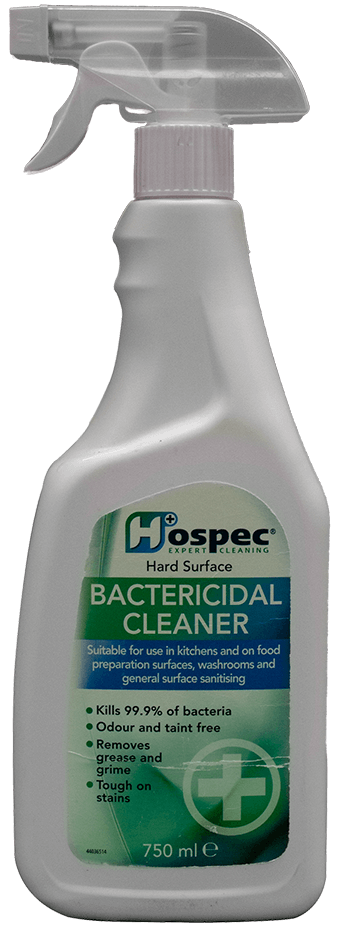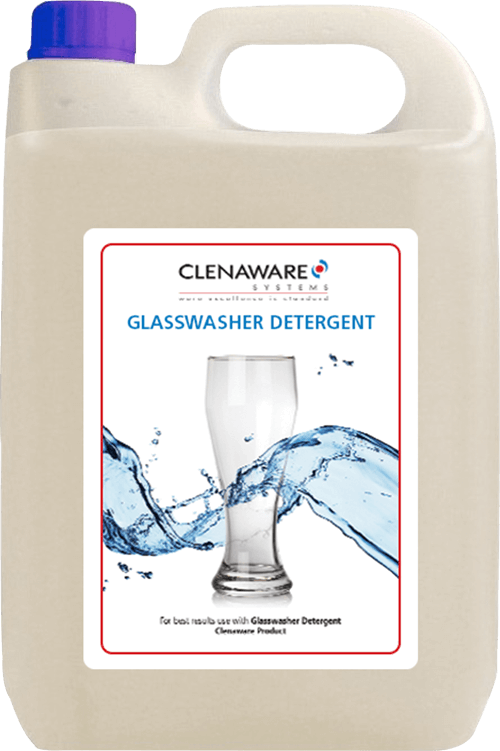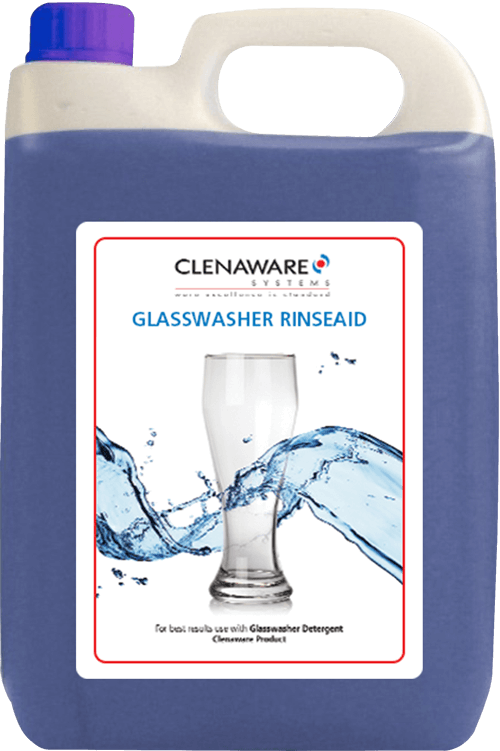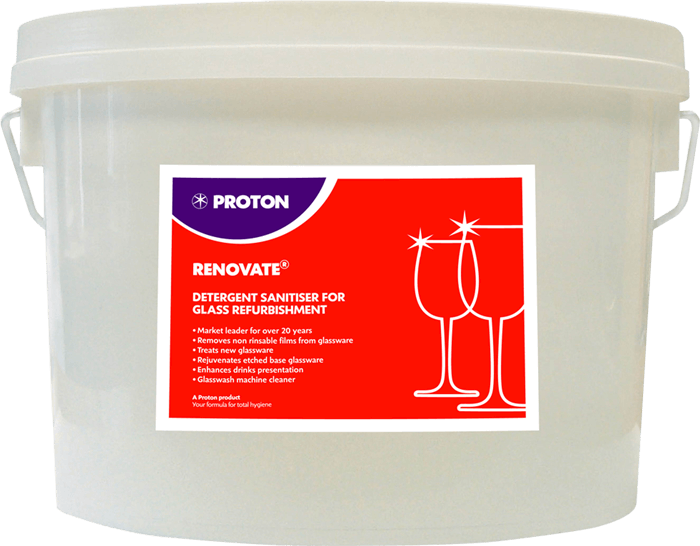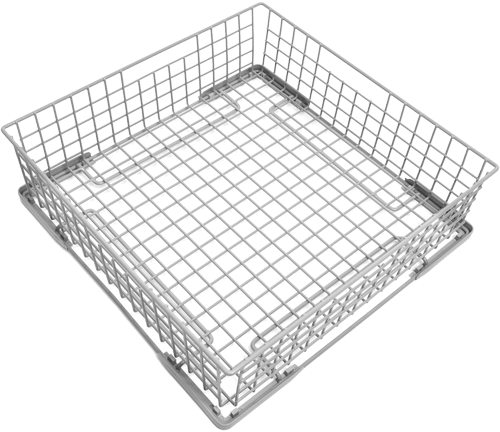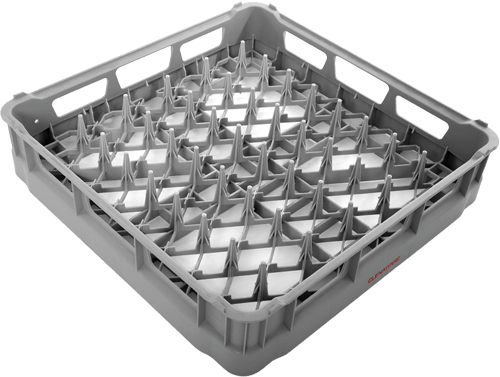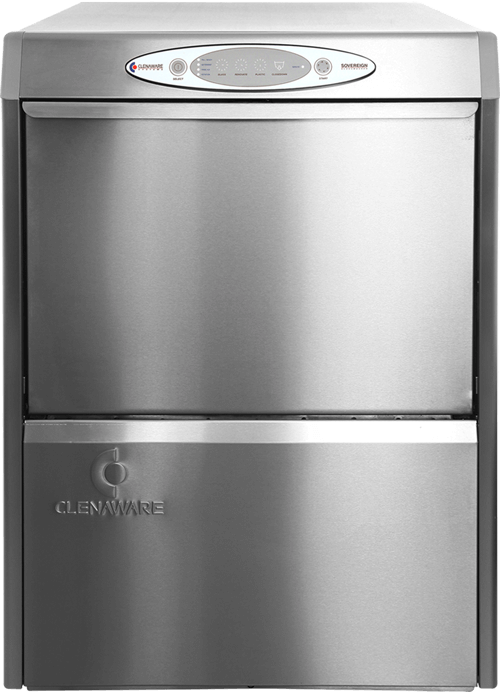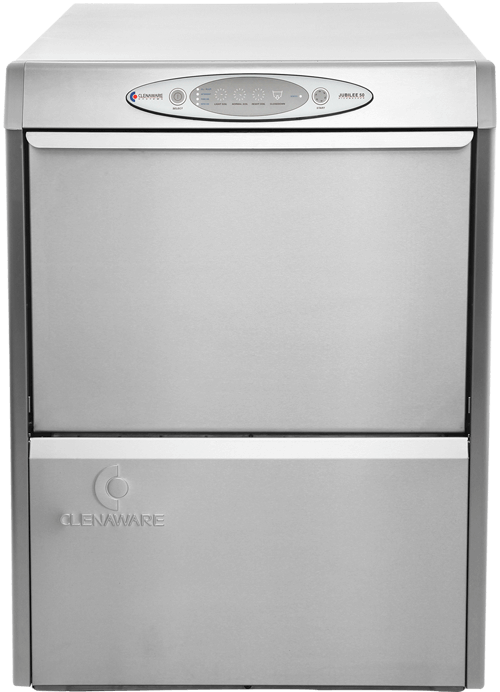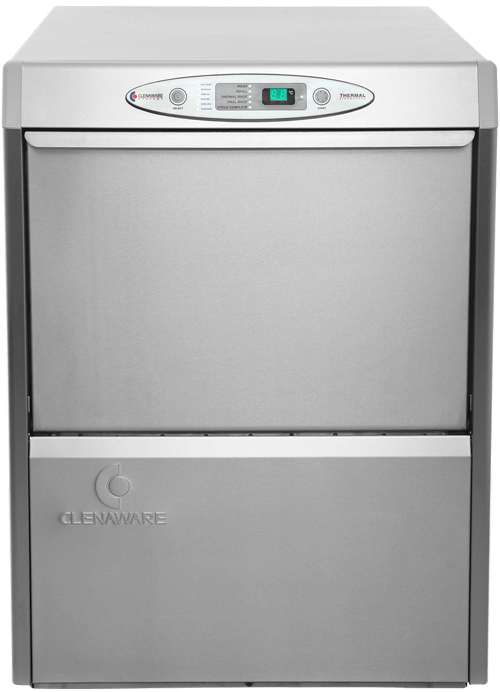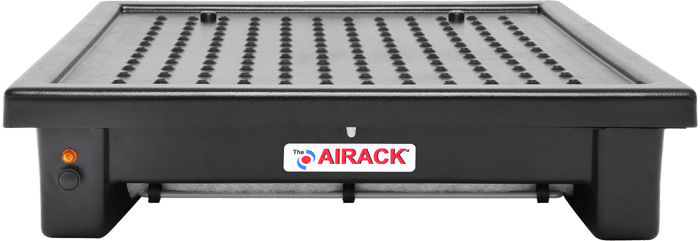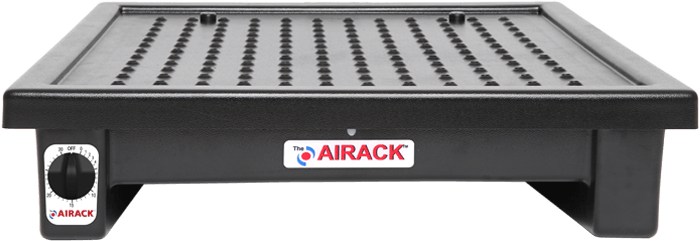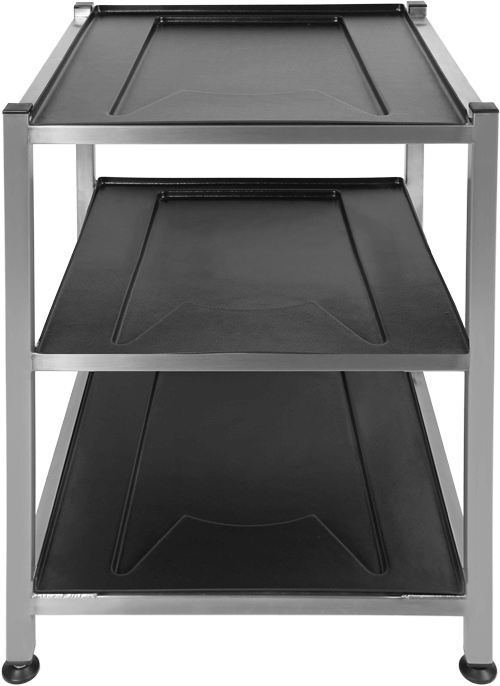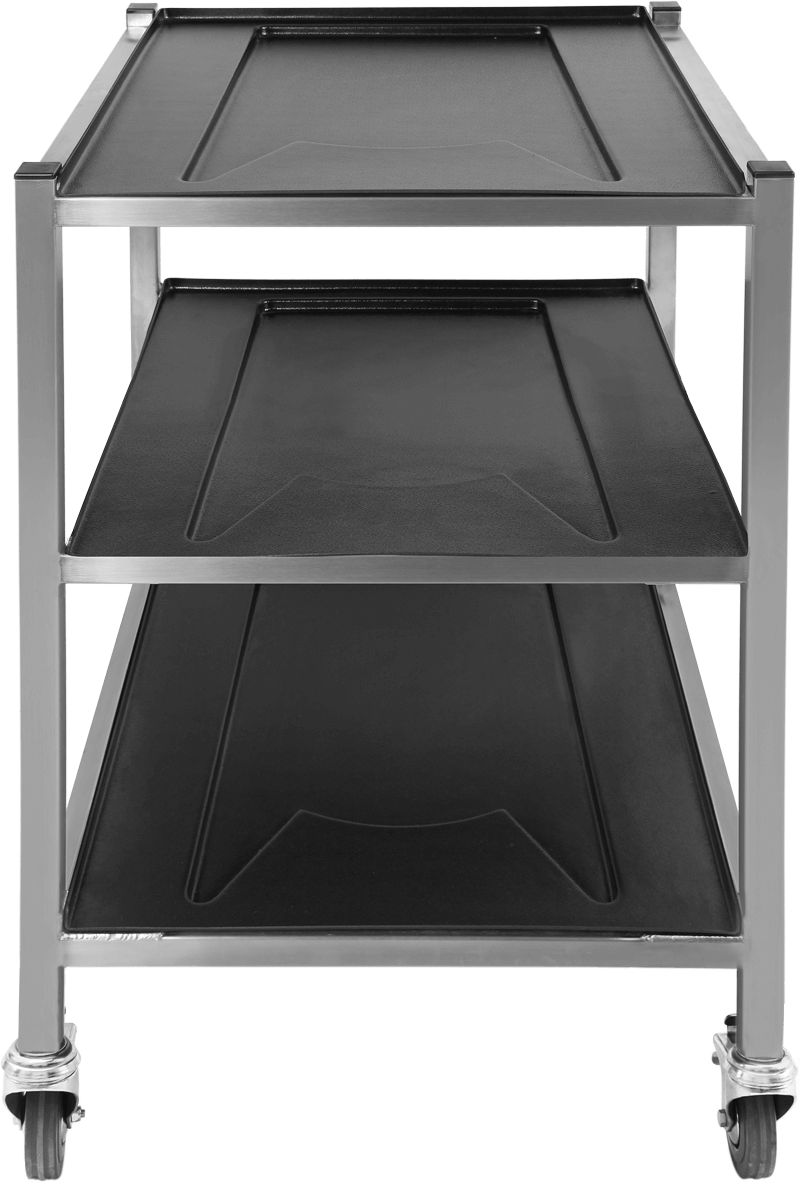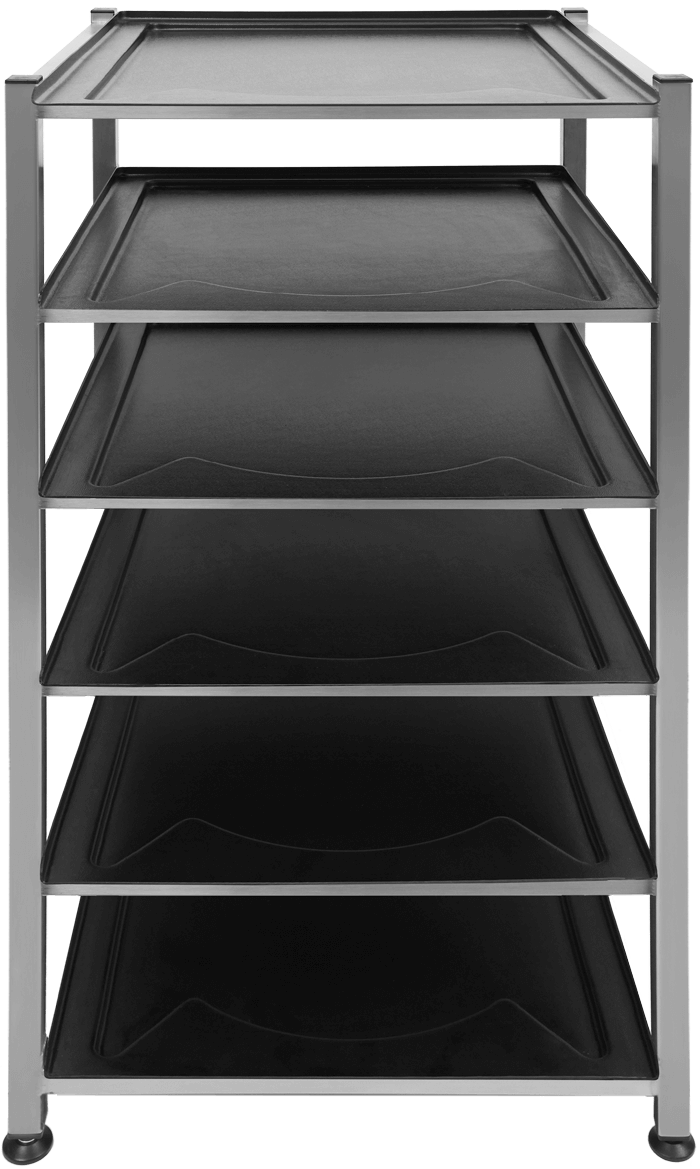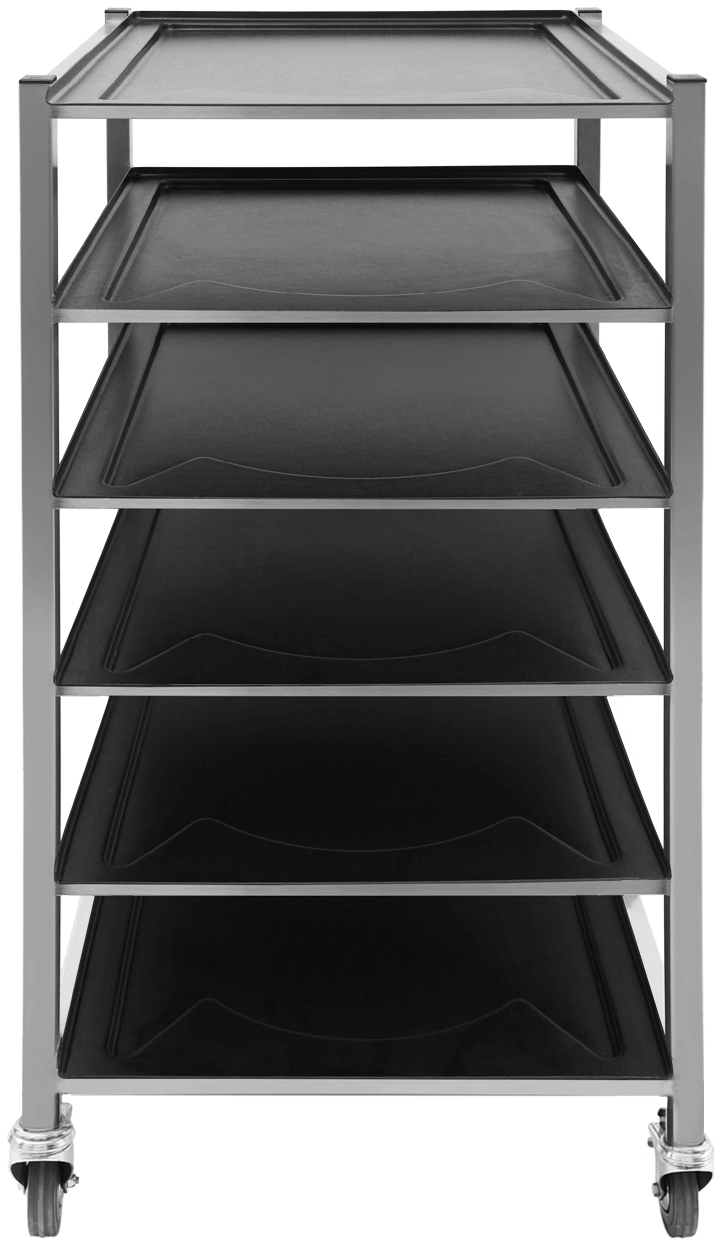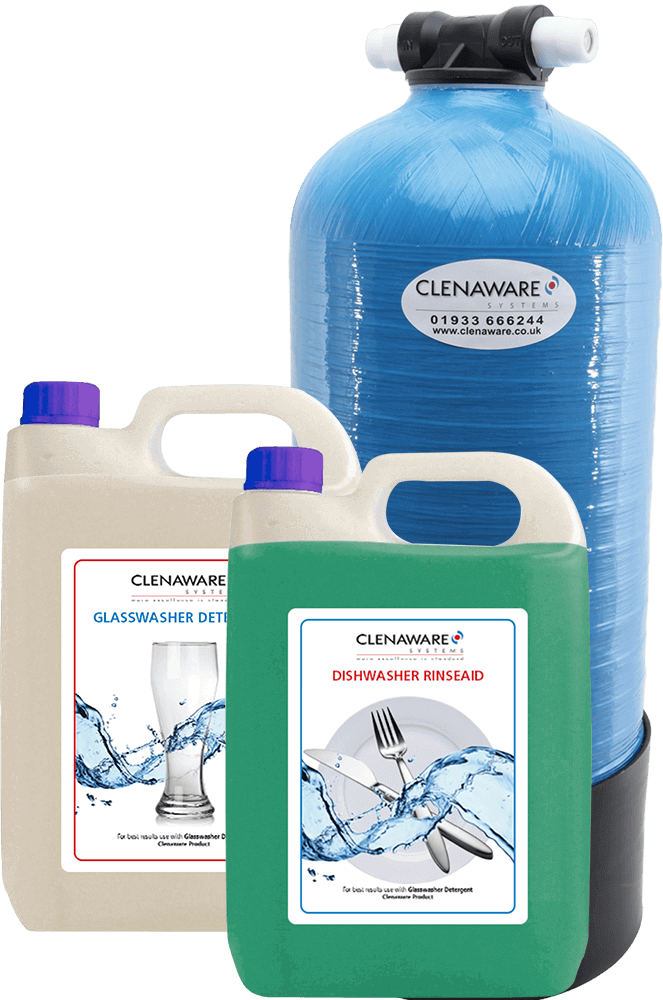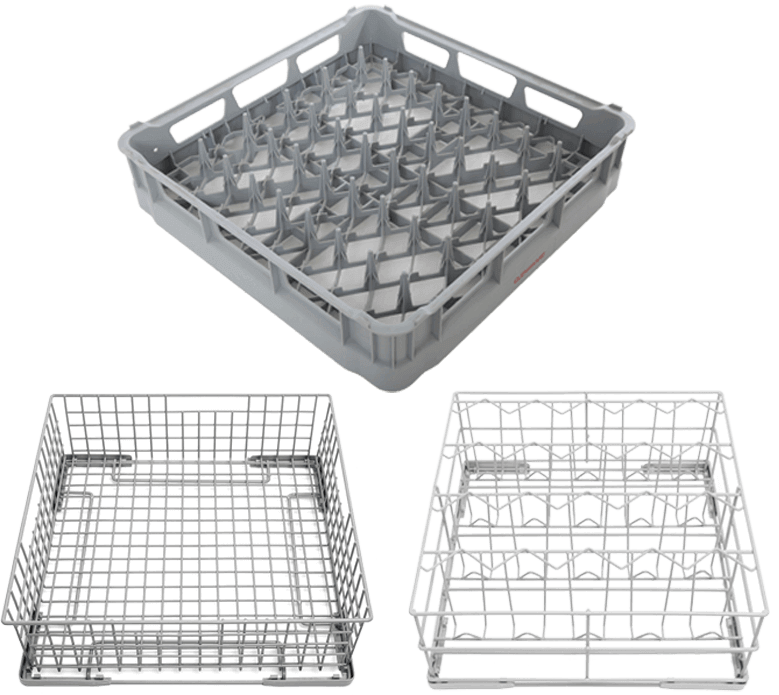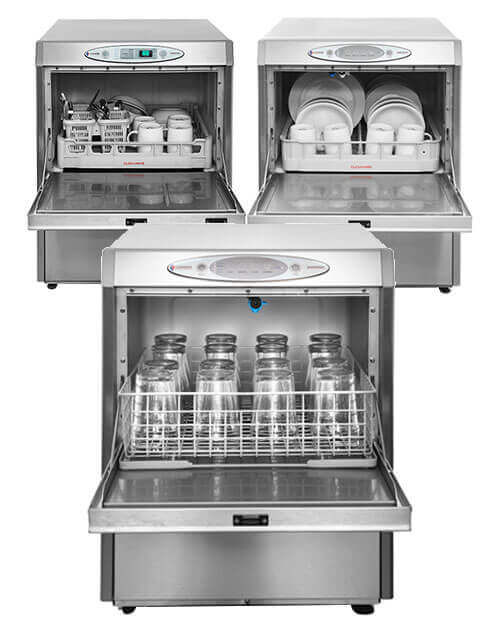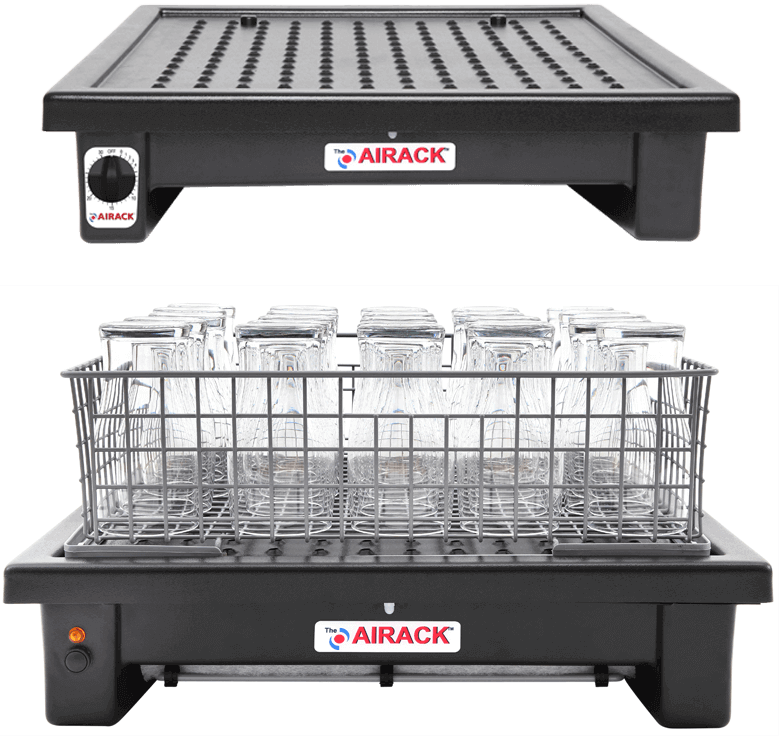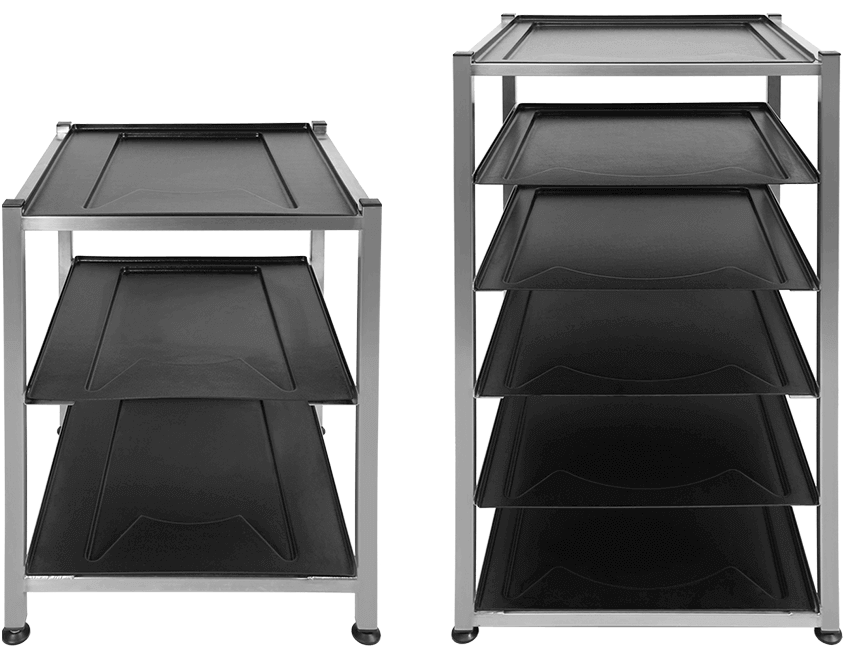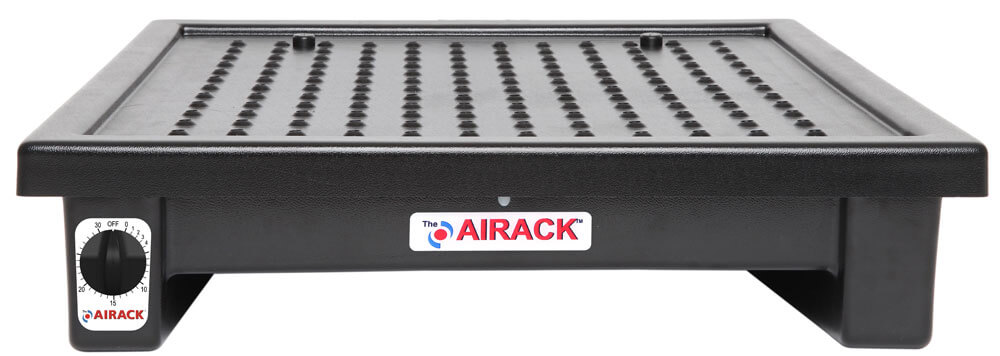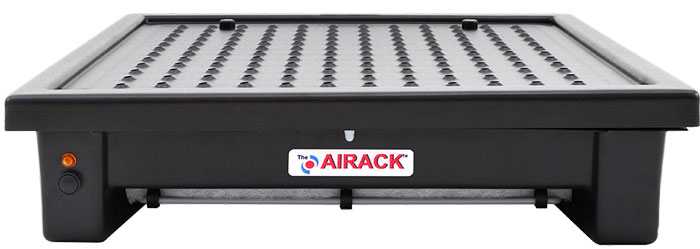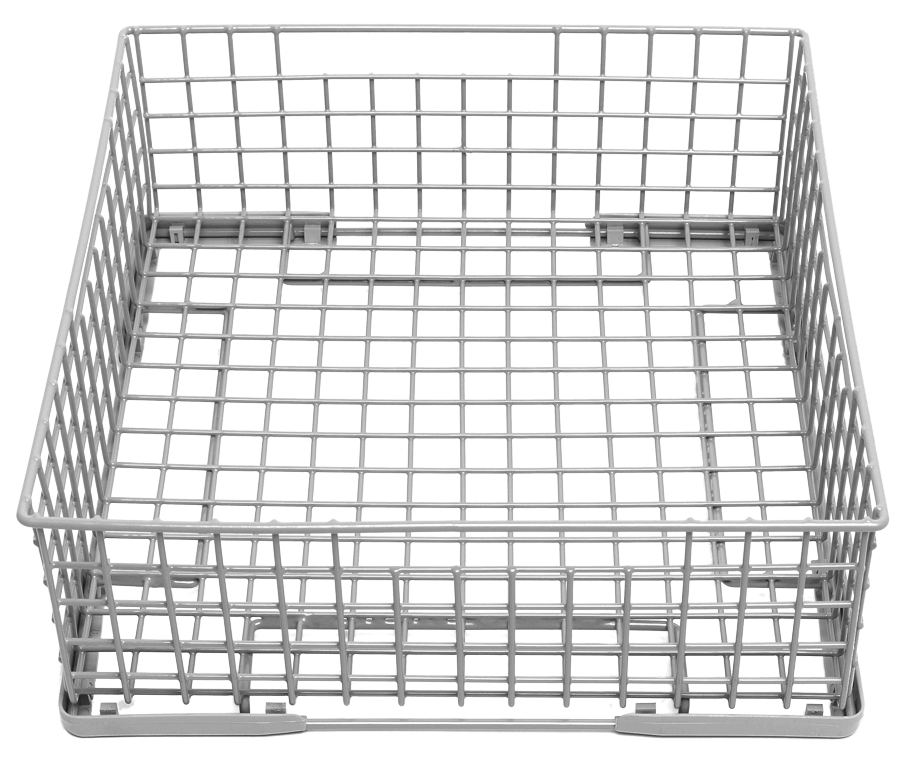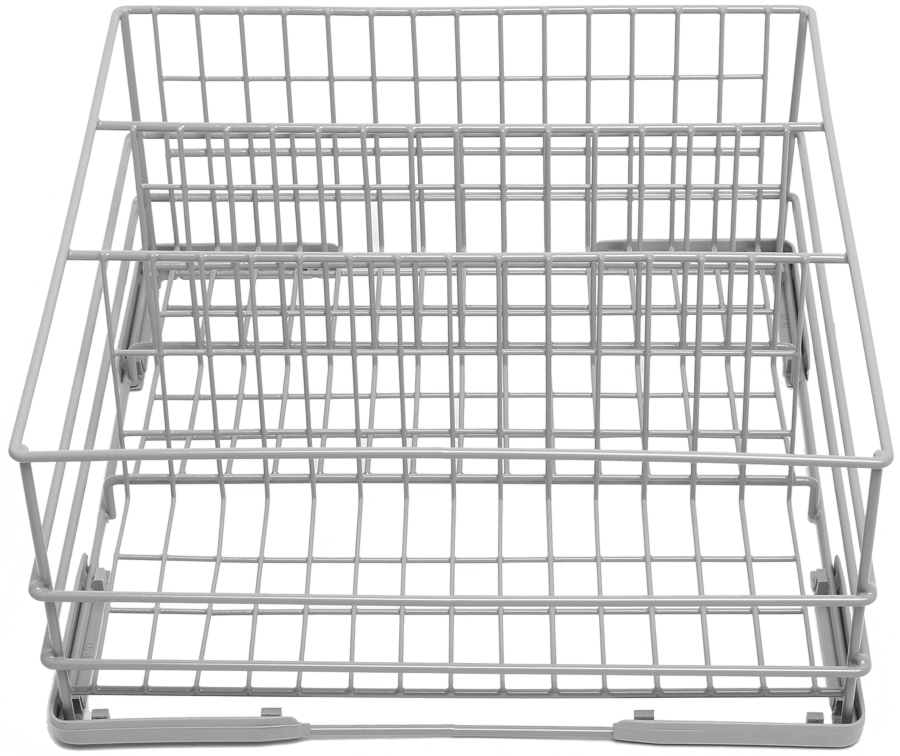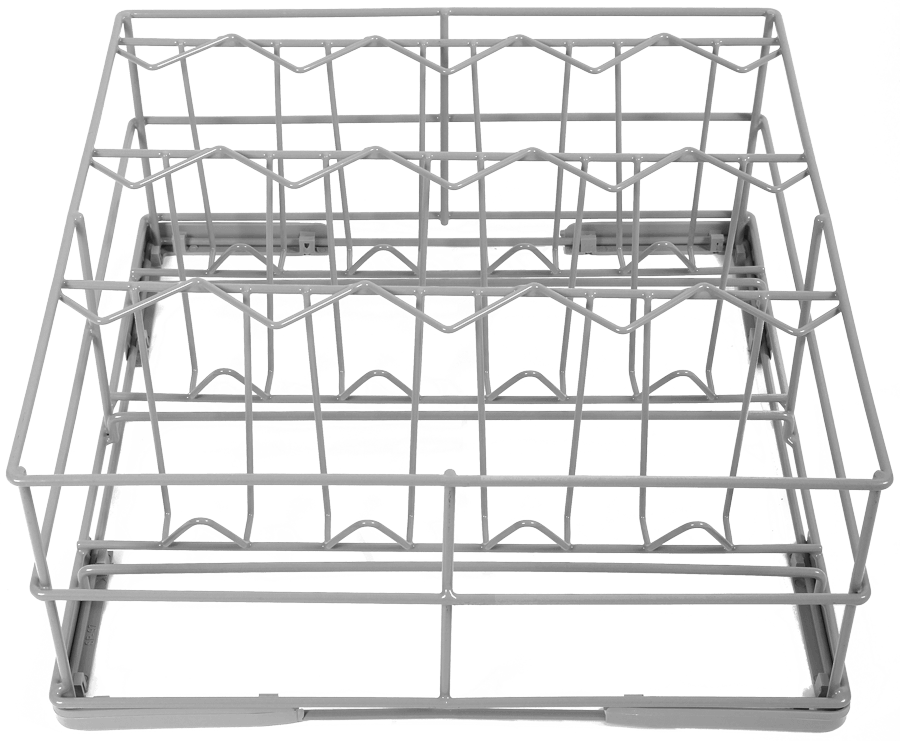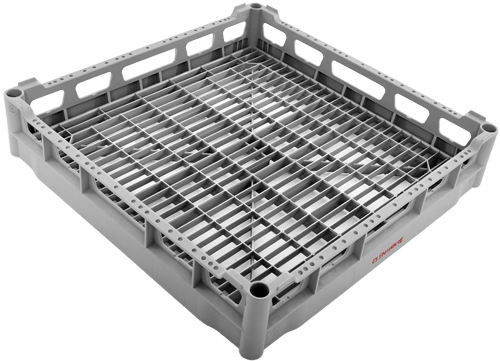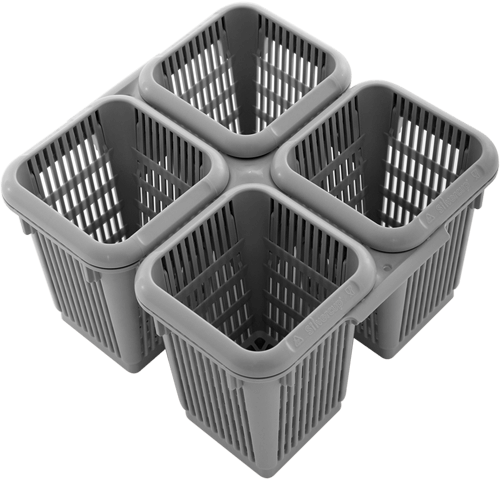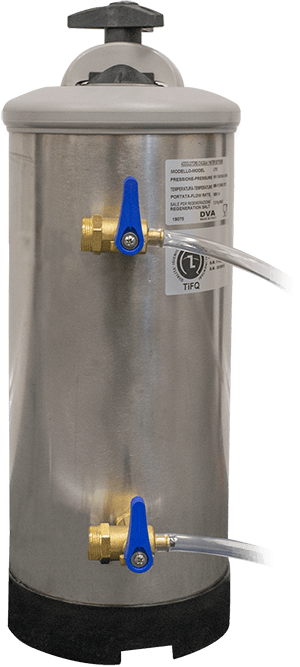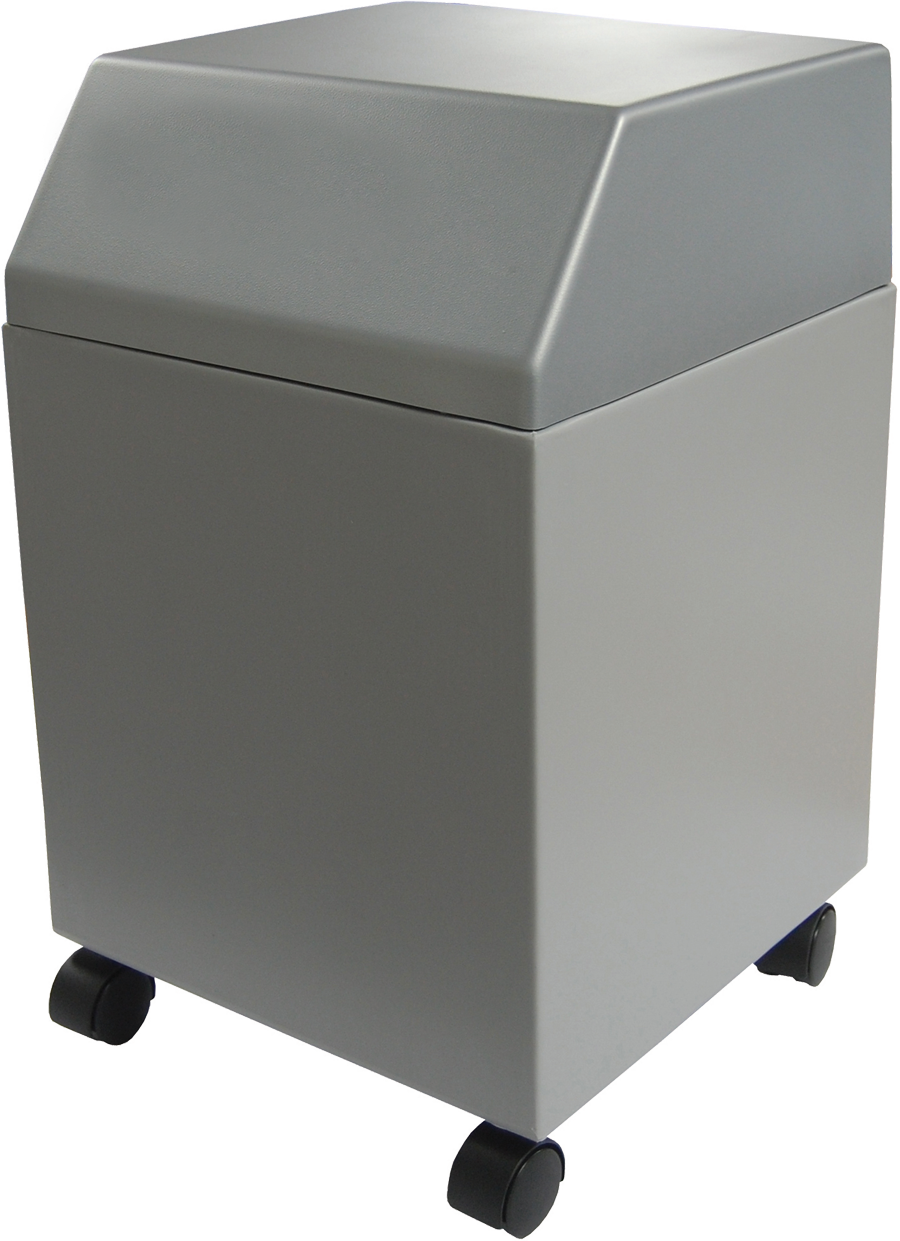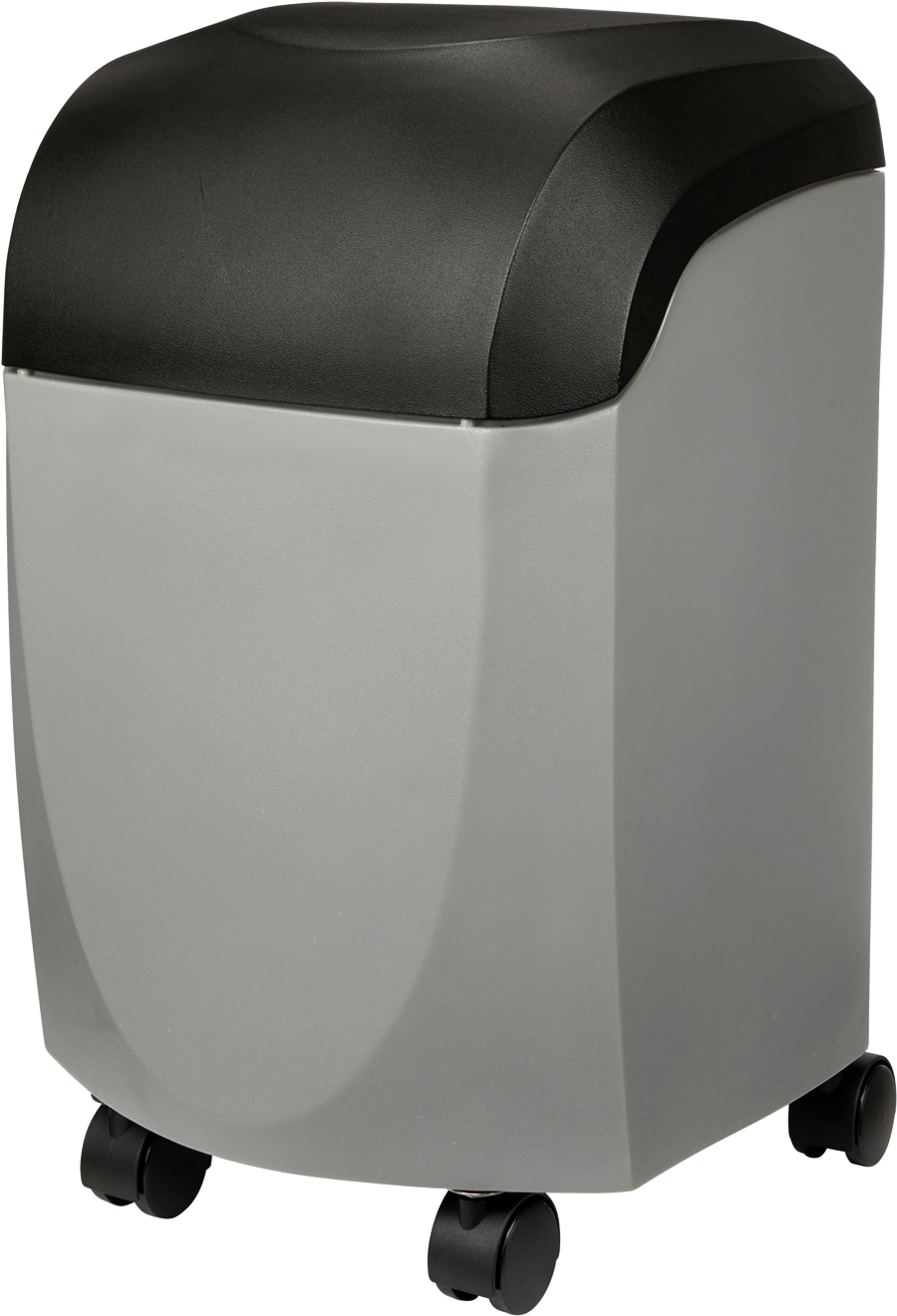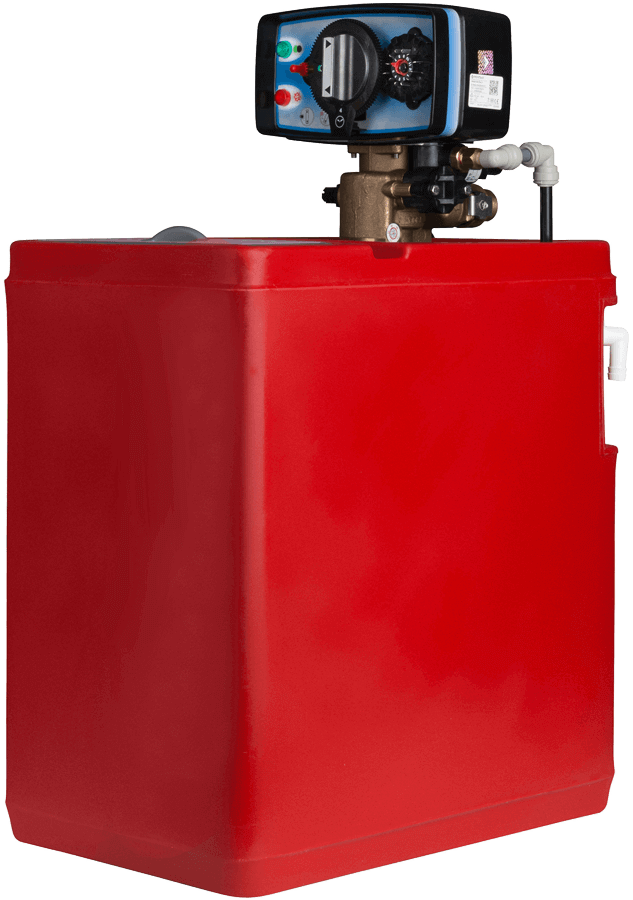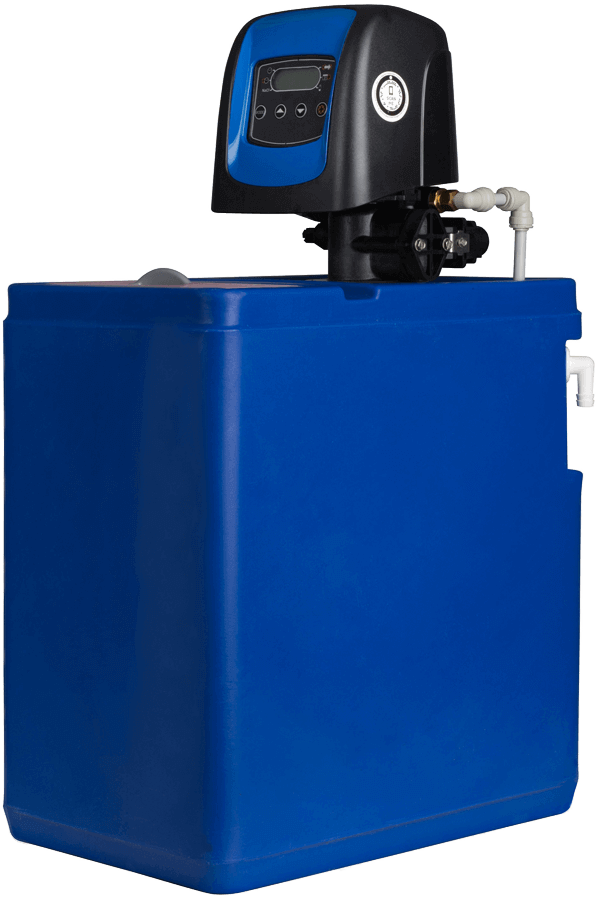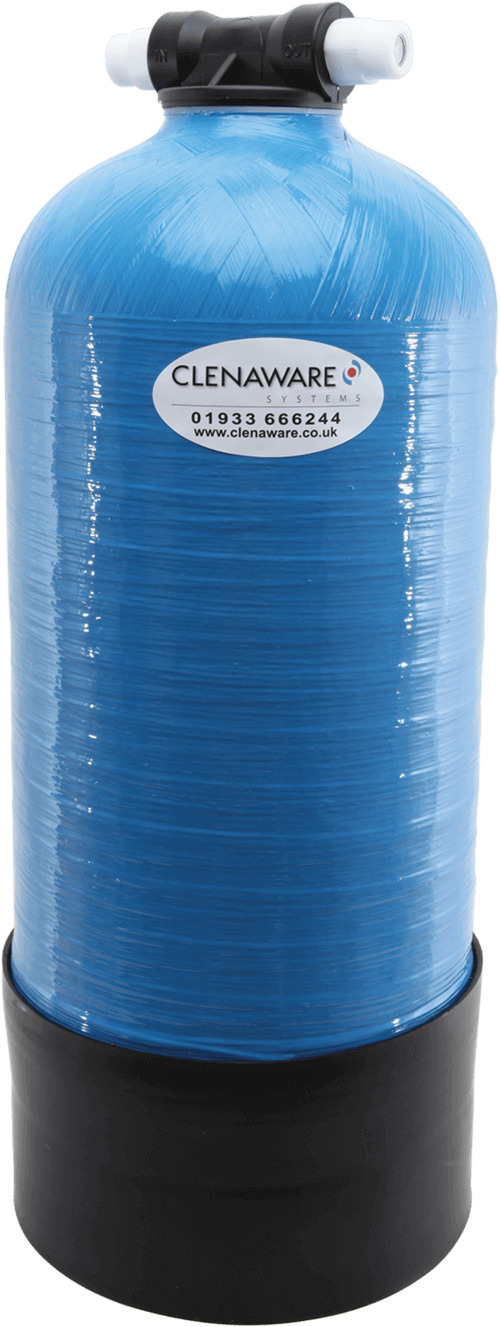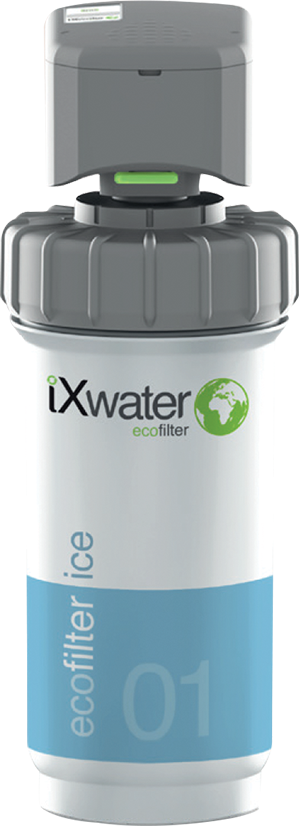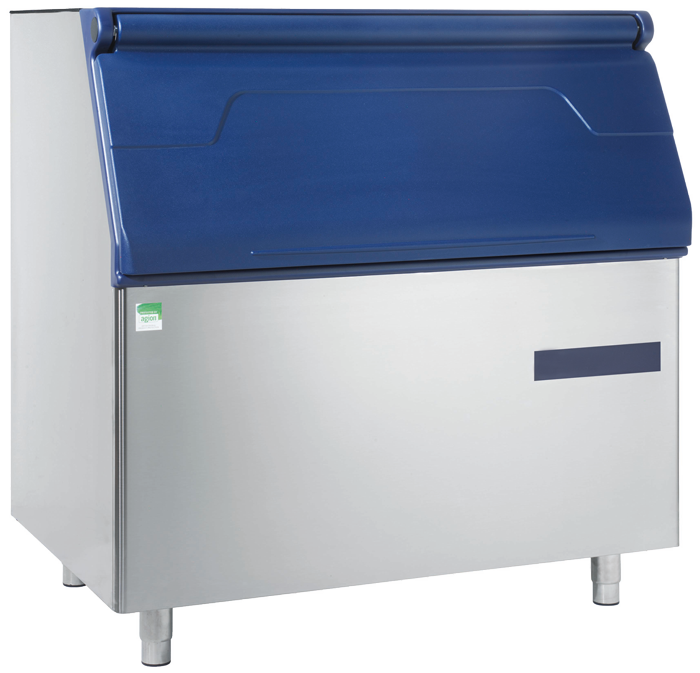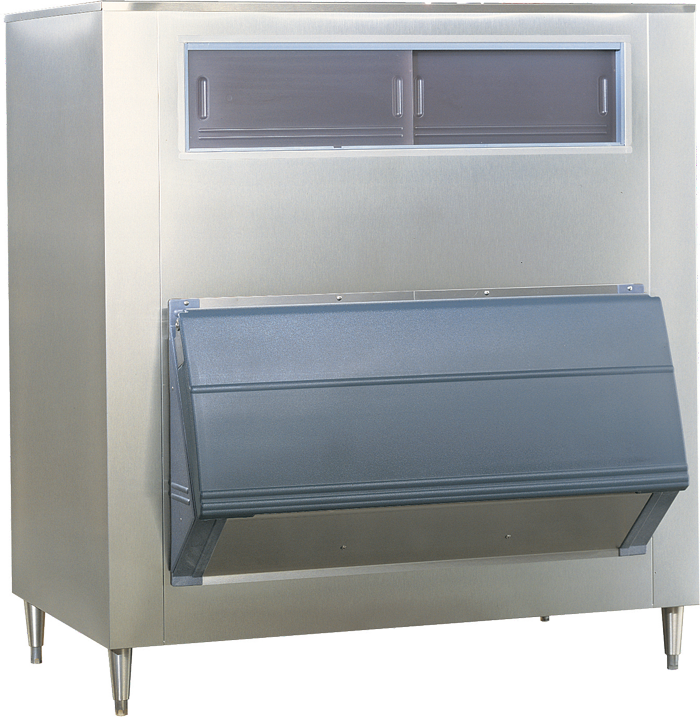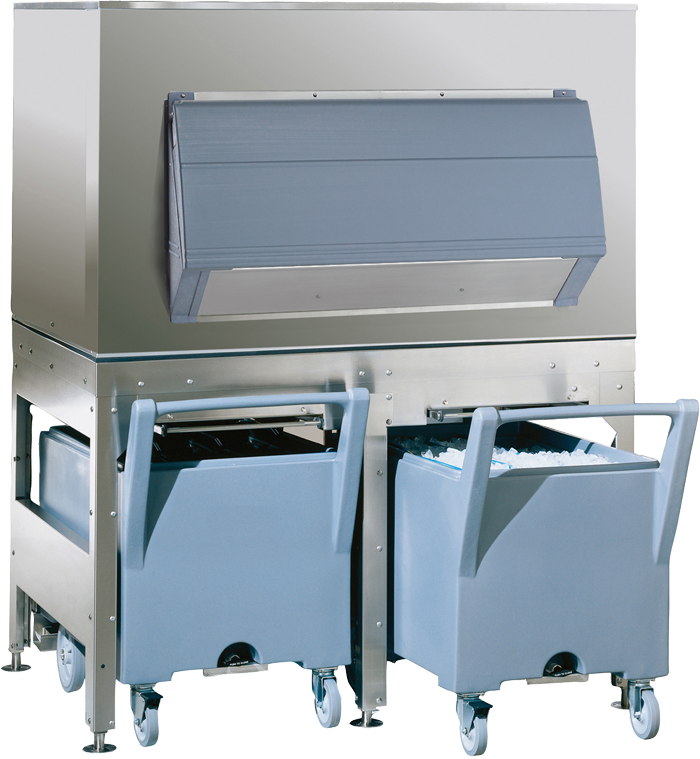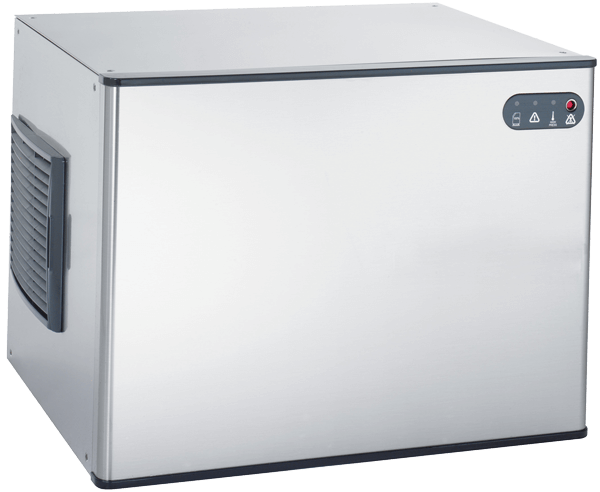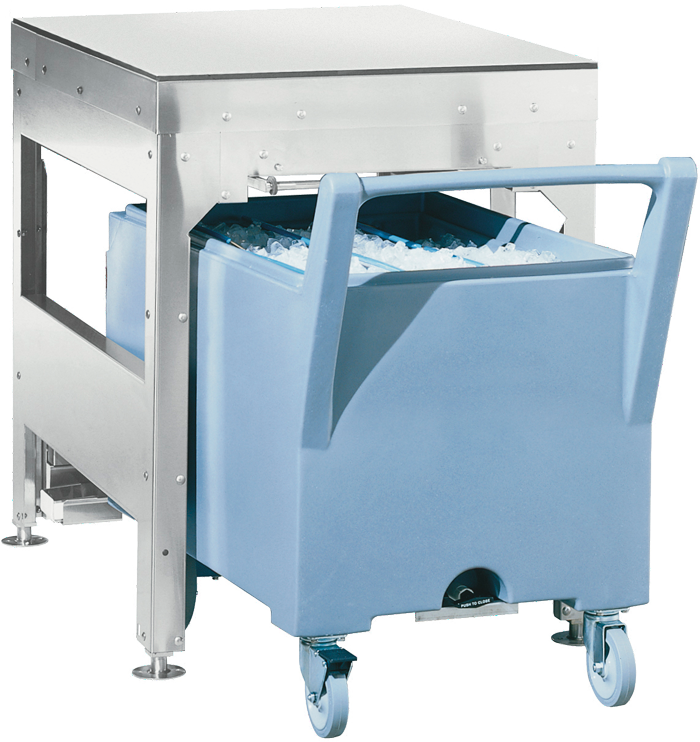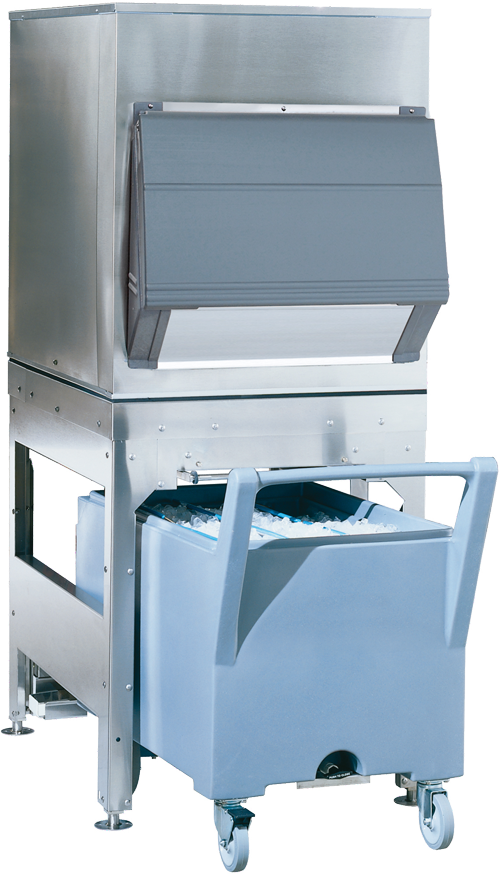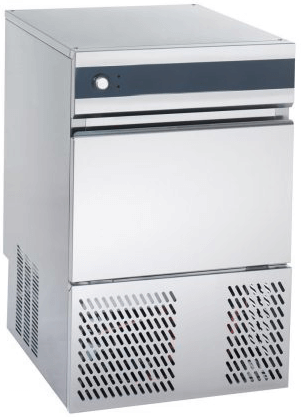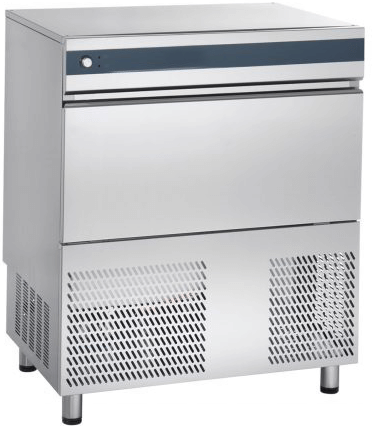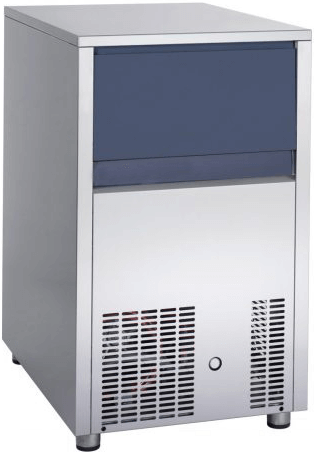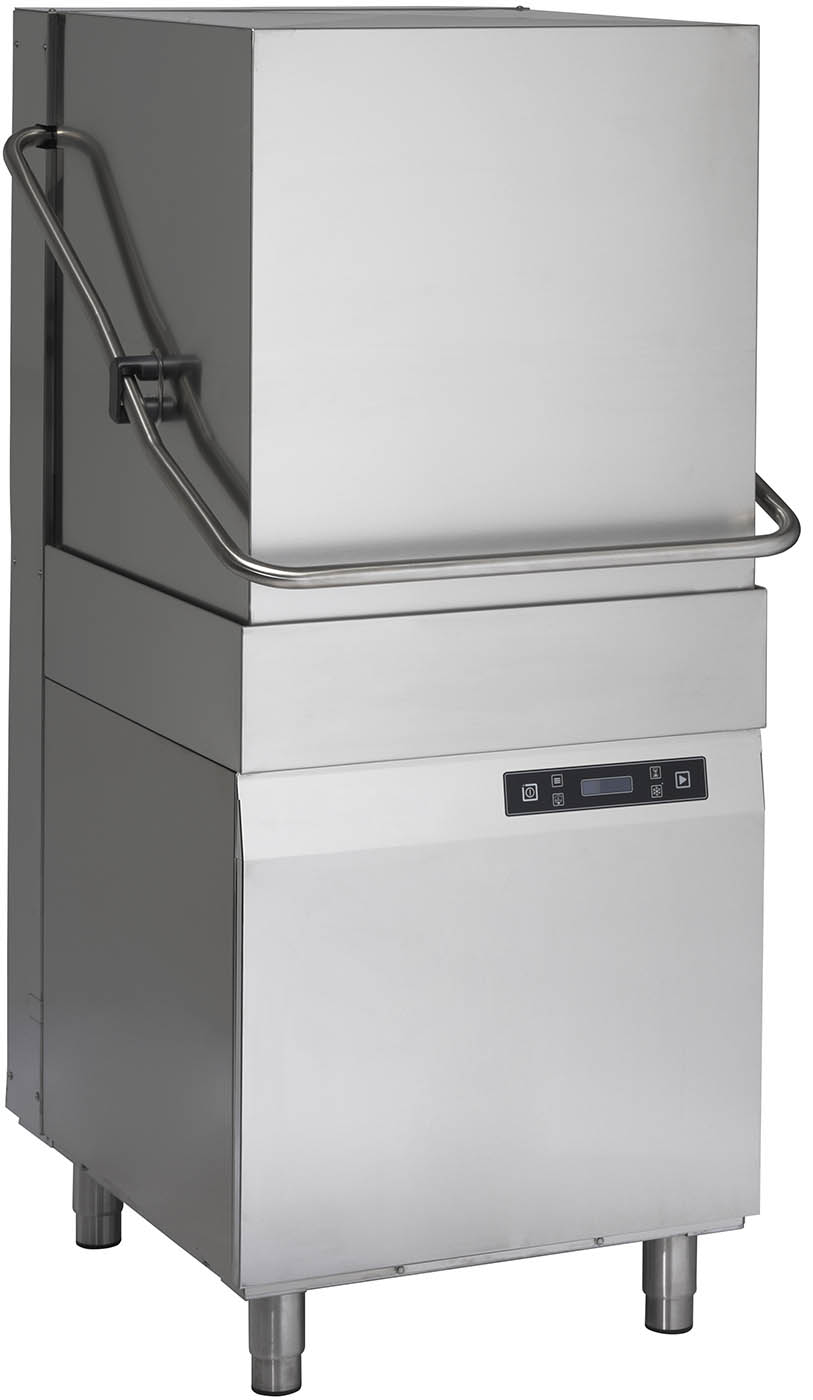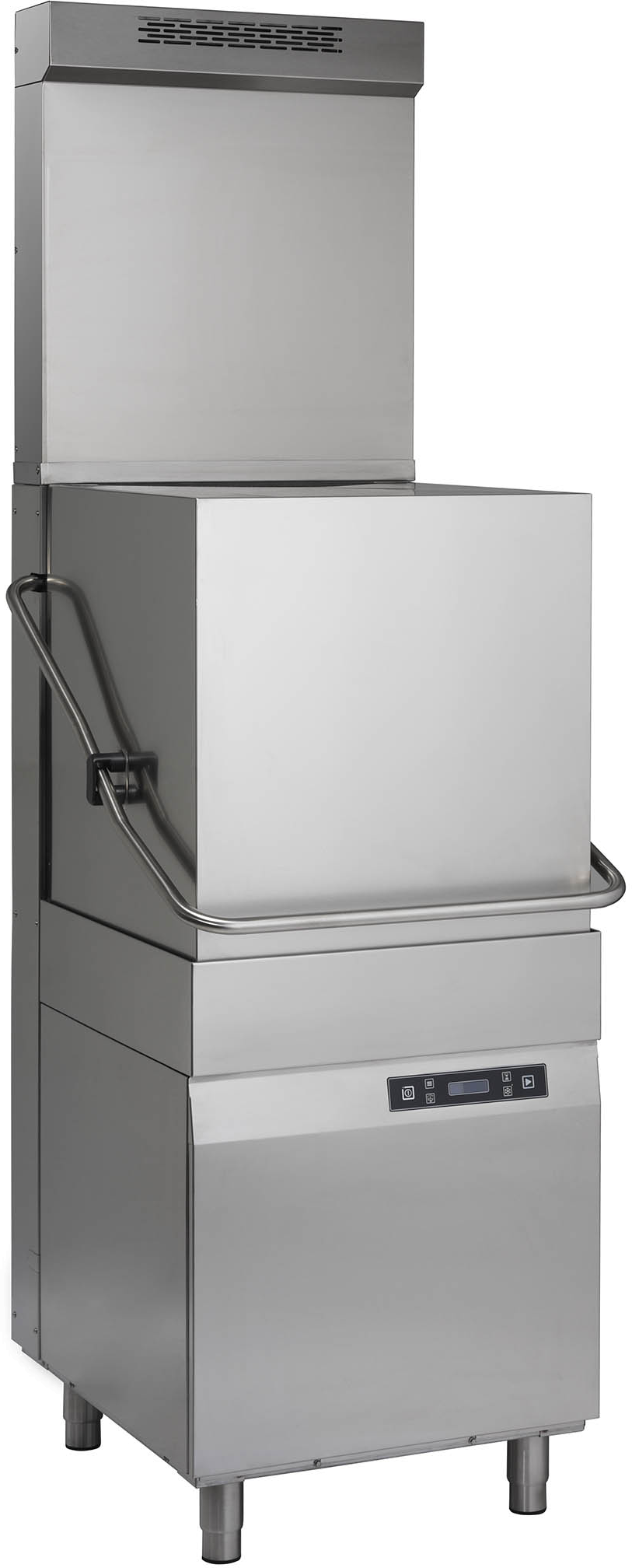The Fight Against Bacteria & Viruses
How can the hospitality industry cope with the media spotlight?
Bacteria, viruses and superbugs gain worldwide notoriety when outbreaks arise, and this has never been more relevant than it is now. The spread of COVID-19 (the infectious disease that has been caused by a recently discovered coronavirus) has been well documented in the media, and it’s a topic that the majority, if not everybody is discussing. The world is looking for answers to curb the spread of this virus and hygiene is in the spotlight. this is why we believe it has never been more critical to adopt a thorough cleaning schedule for your warewashers and ensure that your glasses and crockery are adequately washed. By following a stringent routine and using quality products, you can help control and fight bacteria.

1.Treat It
With the risk that pathogens can be active on surfaces for several days, it is imperative to follow a strict cleaning schedule that involves sanitising all worktops and tables with a bactericidal cleaner that is capable of killing 99.9% of bacteria. However, one surface that is often overlooked is the one that makes the most contact with your staff and customers. Your glassware can be the perfect surface for the spread of bacteria. You may be under the misconception that your glasswasher will clean the glasses thoroughly enough to kill or remove bacteria; unfortunately, glasswashers do not wash hot enough to guarantee the destruction of all germs.
In order to help in the removal of bacteria on your glassware, good quality chemicals should be used with your glasswasher. Glasswasher Detergent & Glasswasher Rinseaid are essential for a thorough clean that will remove light to heavy soils, stains, tannins, proteins and grease from all types of glasses and leaves them sparkling and hygienically clean. Good quality chemicals not only clean your glasses, but they also help maintain and look after your glasswasher, which in turn helps in the control of bacteria which could build up in the machine.
To further help in the fight against bacteria, it can be beneficial to increase the number of times that you renovate your glassware. Renovate is a chlorinated powdered detergent used to remove the build-up of contaminants on your glasses, that may not have been removed when running a standard wash. Chlorine is a perfect broad-spectrum destroyer of pathogens and when combined with your glasswasher will leave your glassware pristine.

Glass baskets and dish racks come into contact with dirty objects in their everyday use and are constantly being handled, that is why it is important to look after and maintain your baskets or racks to ensure they are as hygienically clean as possible.
Glass baskets and dish racks come in a variety of sizes and styles, and it is crucial to use the correct basket/rack for your glasses or crockery to maximise the wash potential and ensure they have been thoroughly cleaned.
What basket is right for your glasses?
What rack is right for your crockery?
It is essential to regularly check the condition of your baskets/racks to make sure they are up to standard and not damaged. If you are using plastic baskets/racks, make sure that there are no cracks or broken plastic as this will be a perfect environment for bacteria to hide and build up. If you are using metal baskets/racks, ensure they are free from rust, as rust is known to encourage the growth of a particular type of bacteria that causes tetanus.
Clenaware Glass Baskets are made up of a robust wirework which is then coated in a premium plastic hygienic coating; this coating will protect the basket from knocks and will increase its lifetime. The wider spaces between the wirework ensure that the water from the wash and rinse jets have a larger area to get through so that your glasses are washed and rinsed more thoroughly, this means there's no escape for dirt!
Clenaware Racks are made from a heavy-duty Thermoplastic, making them durable, robust and suitable for use in any commercial dishwasher. Clenaware Racks have an open wall system which allows for the maximum amount of water to come into contact with your tableware.
2.Prepare It

3.Wash It
A key element in the fight against bacteria and viruses, is your warewasher. Consumer-level Dishwashers lack the power and functionality that a commercial Glass or Dish Washer can give you. By choosing a quality warewasher from a reputable brand, you can guarantee that countless hours have gone into the design and development of that machine to bring you a consistent level of cleanliness. When choosing your Glass or Dishwasher, you should see it as a crucial investment for quality and high standards.
Clenaware provides several warewashers that can aid in the fight back against viruses with their superior cleaning results. All Clenaware warewashers are designed and built in the UK and benefit from being Fresh Water Wash machines. Unlike other machines on the market that will reuse their wash water, Clenaware warewashers replace the wash water after every wash cycle, resulting in the rinse water always being fresh, so any dirty water is dumped and new water is introduced.
Unfortunately, standard warewashers do not wash hot enough to completely eliminate pathogens, but if they are used correctly and you follow the best use guidelines, they will aid in the control of viruses. Certain chemicals will also aid in the fight. Renovate, when combined with your Glasswasher, will help in the removal of bacteria from glassware. Read More. The Sovereign Glasswasher has a dedicated Renovate Cycle which can be run at any time without the need for emptying and re‐filling the machine. This dedicated cycle saves time for your staff.
One of the best ways to kill bacteria is to utilise Thermal Disinfection. Some viruses and bacteria are susceptible to heat, and they will die if exposed to higher temperatures. The high-temperature steam used in the Thermal Disinfection process can destroy the proteins in viruses and bacteria and render them as dead or inert. The Clenaware TD50 Dishwasher uses this method by providing a specialist Thermal Disinfection cycle for all your crockery and utensils. This specialist cycle runs at 82°C for two minutes; this temperature ensures that all pathogens are removed quickly and effectively.

If you have invested in creating a hygienic environment for washing your glasses, you don't want to bring in contaminants at the drying stage. To help reduce the risk of contamination to your newly washed glasses, cloths or towels should be avoided. Bar towels can be a breeding ground for bacteria and by drying your glassware by hand, the risk of cross-contamination is increased. These bacteria will then make its way onto your glass and will affect the pour of a pint; you also risk transferring bacteria to your customers. Air drying is the correct and only practice that should be followed for drying your glasses.
If your glasses are left to dry on a shelf or in a cupboard, you can risk moisture building up inside the glass, which can lead to an increase in bacteria or mould. When air drying your glasses, it is advisable to use a vented shelf or shelf liner which will allow adequate airflow to your glasses. Unfortunately, if your glasses are left on a vented shelf, they can take up to 40 minutes to dry thoroughly, including the inside of the glass and the widget at the bottom which is vital to achieving the perfect pour.
However, by using an Airack Glass Dryer, your glasses will be dry ten times faster. In as little as four minutes, your freshly washed glasses can be ready to pour from without the risk of introducing any contamination from your cloths or towels. By using the Airack Glass Dryer, you can achieve a quick turnaround of glasses and save your staff time by eliminating the need for hand drying.
4.Dry It

5.Store It
The method in which you store your glassware is vitally important not just to reduce the risk of breakages and maximising storage space but also to reduce the risk of bacteria or cross-contamination. Stackable glassware is ideal for exploiting your cupboard space, but this isn't always possible and if stacked incorrectly, it can lead to the glasses becoming damaged.
The majority of glasses require single-level storage to reduce breakages and with glasses coming in a variety of sizes and shapes, stacking just isn't an option. Storing your glassware directly on a shelf can come with its own difficulties. Storing glasses straight onto a shelf face down runs the risk of trapping in moisture and this in turn, can grow mould and bacteria. If the shelf has not been sanitised, the rim of the glass is touching that surface exposing it to bacteria. However, storing a glass face up exposes a large surface area for dust or bacteria to fall into and settle at the bottom of the glass. When pouring the drink into the glass, this will affect the pour of the drink and the flavour. There is also then the risk of letting customers ingest that dust or bacteria.
Although there is no definitive answer on the correct orientation of your glasses or how to store them, it seems that face down is the favourable out of the two in the hospitality industry. Most restaurants and bars prefer their glassware facedown so that servers grab the glasses at the base, keeping their hands away from the rim. In order to increase airflow to your glasses and reduce moisture build-up, you can place glasses on a shelf liner; these liners are raised to let air circulate and create a softer surface for your glassware. Alternatively, you can use a Basket Unit to store your glasses. With a Basket Unit, you can take your basket of glasses straight from the Airack Glass Dryer and store the basket in the unit. By keeping the glasses in the basket for storage you can maximise storage space, and with Clenaware Baskets being raised on the base you can guarantee sufficient air circulation.

